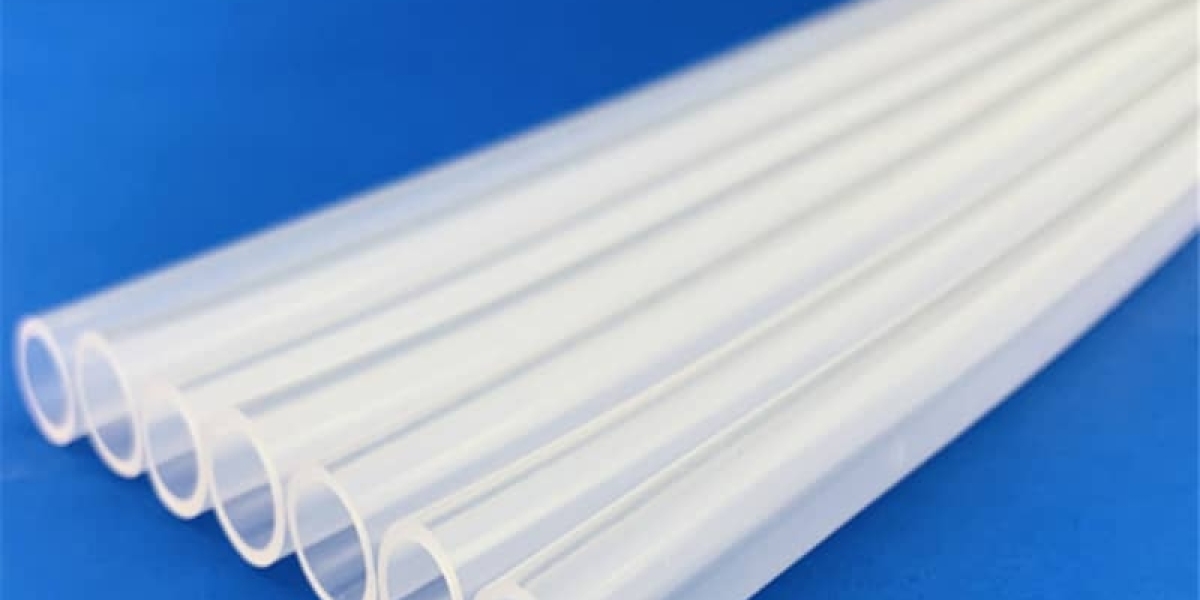When it comes to choosing chew toys and treats for puppies, many pet owners are drawn to antlers as a natural and long-lasting option. However, a common question arises: Are antlers safe for puppies? This article will explore the safety of antler chews, their benefits, and what to consider when introducing them to your puppy’s diet.
Understanding Antlers as Chew Toys
Antler chews are sourced from deer, elk, moose, and other animals. They are naturally shed each year and are often processed minimally, making them a more natural option compared to synthetic chew toys. Here’s what you need to know about antlers as a chew option for puppies:
- Types of Antlers
Antlers come in various forms, each with its own characteristics:
- Whole Antlers: These are the full, unprocessed antlers and can be quite hard. They tend to last longer but may not be suitable for young or teething puppies.
- Antler Dog Chews: These are often cut into smaller pieces or slices, making them easier for puppies to handle. They provide a more manageable option while still offering the benefits of antlers.
- Split Antlers: Split antlers have the softer, marrow-filled center exposed, making them easier to chew and more enticing for puppies. These can be a great option for young dogs or those with sensitive teeth.
- Benefits of Antlers
Antlers have several advantages that can make them a desirable chew option:
- Nutritional Value: Antlers are a natural source of minerals like calcium and phosphorus, which are essential for your puppy’s growth and development.
- Dental Health: Chewing on antlers can help keep your puppy's teeth clean and promote good oral hygiene by reducing plaque buildup.
- Durability: Antlers are incredibly tough and can last much longer than other chew toys, making them a cost-effective choice in the long run.
- Natural Behavior: Chewing is a natural behavior for dogs, and providing safe chew options can help satisfy their instincts.
Are Antlers Safe for Puppies?
While antlers can provide numerous benefits, there are also safety considerations to keep in mind:
- Age and Size of Your Puppy
- Age Considerations: Puppies have softer teeth that are still developing, so it's crucial to consider their age when introducing antlers. For younger puppies (under six months), split antlers or softer chews may be a better choice, as harder antlers can risk damaging their baby teeth.
- Size Matters: Ensure that the antler is an appropriate size for your puppy. If the antler is too large, your puppy may struggle to chew it properly, while a piece that is too small may pose a choking hazard.
- Monitoring Chewing Behavior
- Supervision is Key: Always supervise your puppy while they chew on an antler. This ensures you can intervene if they try to swallow a large piece or if they exhibit signs of discomfort.
- Signs of Wear: Regularly inspect the antler for signs of excessive wear or small shards that may break off. If you notice any dangerous pieces, it’s best to remove the antler to prevent choking or digestive issues.
- Potential Risks
- Dental Damage: While chewing on antlers can promote dental health, they can also pose a risk of dental fractures, especially for aggressive chewers. If your puppy is a heavy chewer, monitor their chewing habits closely.
- Digestive Issues: If a puppy manages to break off and swallow a large piece of antler, it could lead to digestive blockages. Always choose antlers that are appropriate for your puppy's size and chewing ability.
- Allergies and Sensitivities: While antlers are generally safe, some dogs may have allergies or sensitivities to them. Watch for any unusual reactions, such as gastrointestinal upset or itching, after introducing antlers.
Alternatives to Antlers
If you’re unsure about giving your puppy antlers, there are plenty of alternatives that can provide similar benefits:
- Dental Chews: Look for dental chews designed for puppies. These are softer and can help maintain oral hygiene without the risk of dental fractures.
- Rawhide Alternatives: Some rawhide chews are made specifically for puppies and can provide a softer chewing experience.
- Natural Chews: Other natural options, such as bully sticks or sweet potato chews, can be enjoyable and nutritious for your puppy.
Conclusion
Are Antlers safe for puppies beneficial chew option for many puppies, provided they are introduced appropriately and monitored closely. Choosing the right type of antler, considering your puppy's age and size, and being vigilant during chew time are essential steps in ensuring safety. If you have any concerns about whether antlers are right for your puppy, consulting your veterinarian can provide peace of mind and guidance on suitable chew options. With the right approach, antlers can be a rewarding and enjoyable treat for your furry friend!








